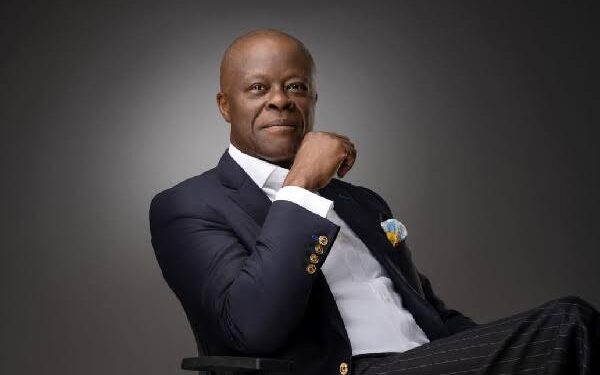*Naira Continues Free Fall
*More questions On NNPC, AFREXIM $3bn Loan Deal
*Analysts Say Impunity, Tension Scaring Investors
By:John Danjuma Omachonu
There are growing concerns over the economy as messages of hope and promises of reforms by president Bola Tinubu and Acting Central Bank of Nigeria (CBN) governor, Folashodun Shonubi to bring succour to Nigerians, whose lives and livelihood are being threatened seem long in coming.
Specifically, the expected gains from the removal of subsidy, the much celebrated $3 billion emergency loan from the African Export-Import Bank to stabilise the country’s volatile foreign exchange market by the Nigerian National Petroleum Company Limited (NNPCL) and the promised reforms by CBN to stabilise the exchange rate and enhance the value of the local currency, Naira, are yet to manifest, but rather alleged foot dragging, bureaucracy among others seem to be the order of the day.
Also, heightened insecurity typified by kidnapping, crude oil theft as well as disobedience to the rule of law are considered to be scaring away investors even as prices of food items have been on the increase.
For instance arrest and detention of some Nigerians like suspended CBN Governor, Godwin Emefiele and Chairman of the Economic and Financial Crimes Commission (EFCC), Bawa Abdulrasheed, without trial and 5he delayed tactics are also seen as at various with one of the 8-point Agenda of the administration, being the rule of law.
For instance the announcement of the subsidy removal was applauded but lack of preparation and planning before the announcement, with the resultant hardship have earned government more criticisms and even strikes and threats of labour unrest in the polity.
Similarly, the rates unification recently brought initial relief as the announcement was embraced and considered as a relief in the forex market, as the naira appreciated at both the official Investors’ and Exporters’ (I&E) forex window and the parallel market.
A significant upswing was observed in the parallel market as the nation’s currency strengthened from N950/$, the previous day, to N880/$, reflecting a substantial increase of N70.
At the official I&E window, the nation started off with an opening rate of N774/$ but appreciated to N759/$ at the close of the market following the announcement.
But, the foot dragging in announcing the other promised reforms is impacting negatively on the value of the naira.
Even then, the Nigerian naira is the worst-performing African currency this year, falling more than 40% against the dollar as the country takes tough steps to fix its financial situation by eliminating some of the challenges considered as inhibiting economic growth and development.
President Bola Tinubu is seeking to revamp the economy by scrapping fuel subsidies in place since the 1970s and diverting money to increased investment in education, agriculture, and job creation
Also, CBN’s gross reserves have not seen any accretion, and are down 0.2% to $33.68 billion since the announcement was made on August 16.
ALSO READ:DSS Arrests CBN Deputy Governor Kingsley Obiora
More worrisome, according to the analysts is the involvement of the Nigerian National Petroleum Company Limited (NNPCL) in loan facility.
They argue that the company, which is supposed to be independent of the government is still involved in other activities, like sole importer of refined fuel, and others that have made it to become very unwilthy, lacking transparency.
Checks by MetroBusinessNews (MBN) had it that the $3 billion crude repayment loan, which was meant to be a syndicated transaction is yet to be concluded despite the hype.
Other lenders, apart from Afexim bank, are said to be weary of the pervading uncertainty and the alarming debt burden on the nation.
Consequently, not even the good intention of government routing it through NNPCL to engender confidence of easy repayment could assuage some of the other lenders.
The West African region already accounted for 45% of loans from the Afrexim Bank as of the first quarter of 2023, according to data from its financials.
Meanwhile, the naira is back to its earlier situation before devaluation, exchanging for between N920/N930 to the dollar as at Friday on the parallel market with the official market hovering around N770/N779, between the willing buyer and willing seller. Naira falls, even despite a weak dollar.











